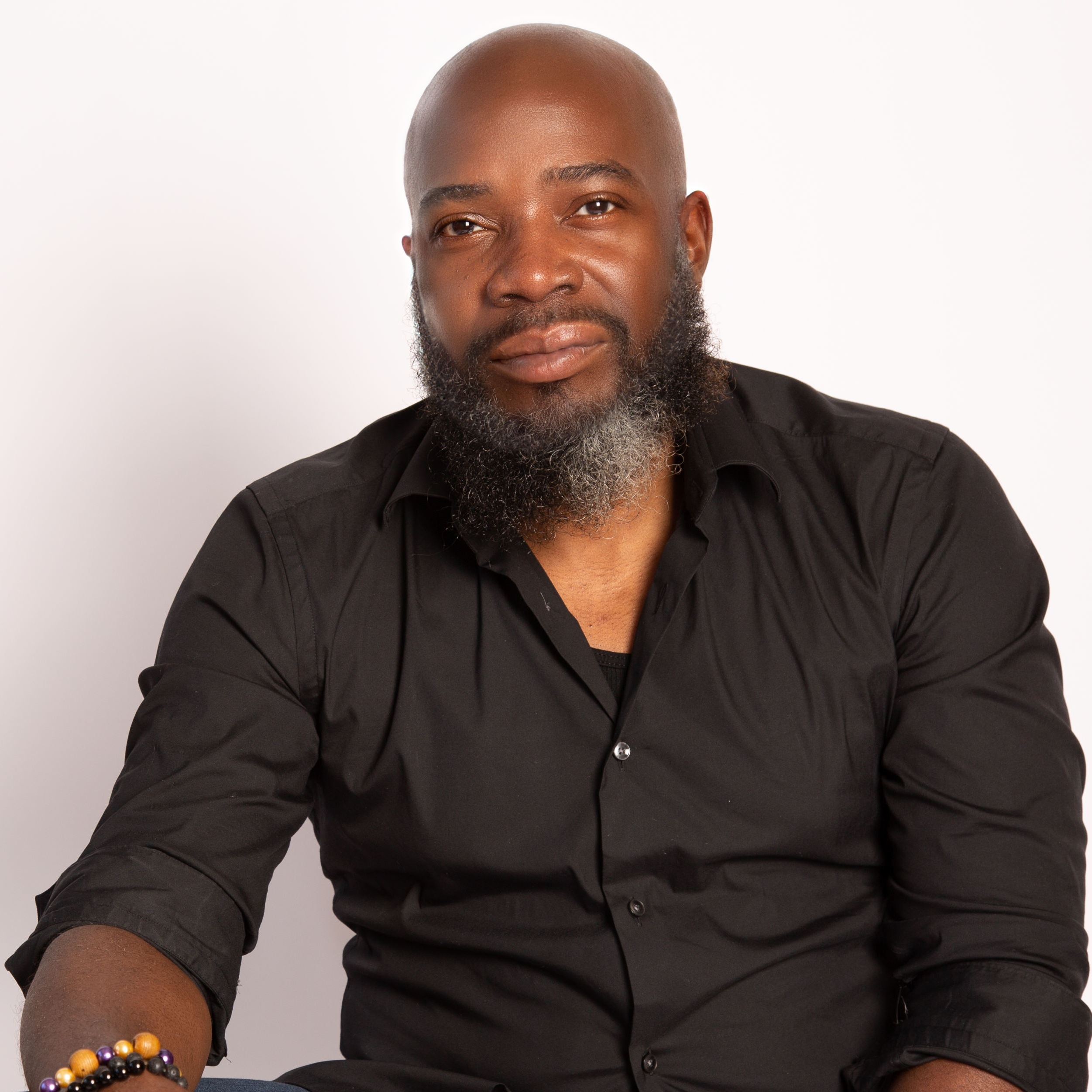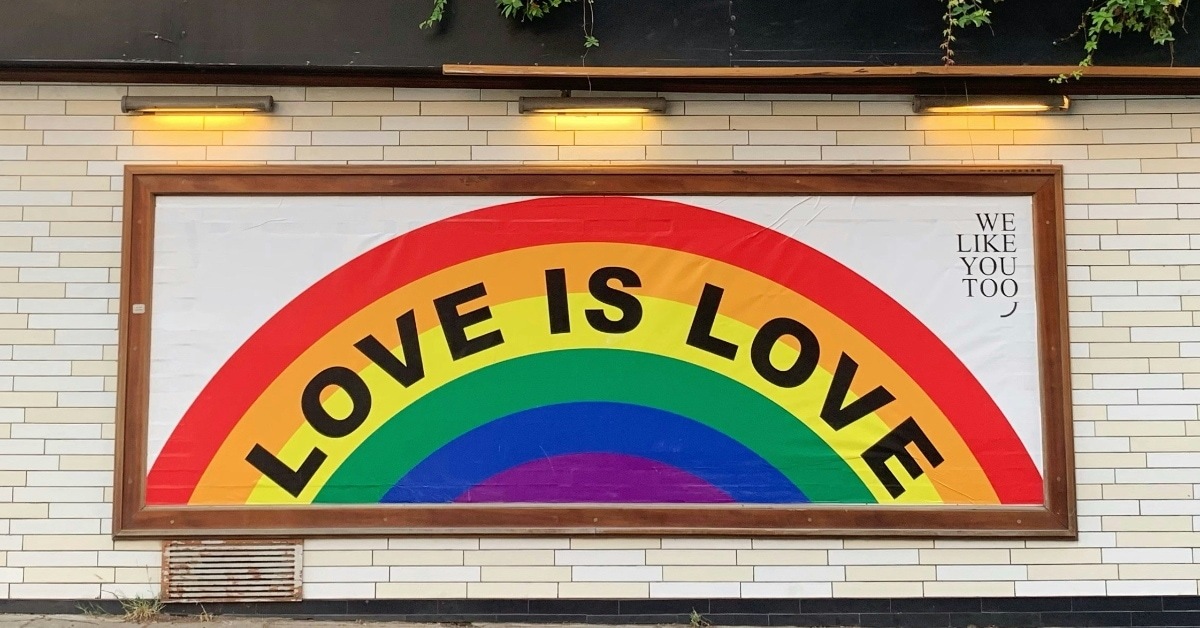The 10 Black History Month Commandments
OPINION: This survival guide will help you survive the 29 days of white nonsense you are sure to encounter during Black History Month. The post The 10 Black History Month Commandments appeared first on TheGrio.

OPINION: This survival guide will help you survive the 29 days of white nonsense you are sure to encounter during Black History Month.
Editor’s note: The following article is an op-ed, and the views expressed are the author’s own. Read more opinions on theGrio.
It’s February and you know what that means: It’s Black History Month.
For one month each year, America engages in a performative monthlong holiday that celebrates Black people’s contributions to this country. And since 2024 is a leap year, we get an extra day to be Black!
While Black History Month is necessary, for some people, dealing with white people’s questions, microaggressions or Caucasian curiosity causes some consternation. If you find this 29-day respite from white history to be a harrowing experience, we have compiled a list of dos and don’ts that can help you survive every Black History Month. Feel free to print it out and post it on your refrigerator or save it as a morning mantra.
In any case, here are the 10 Black History Month commandments.
1. Don’t: Get over the past
If you dare bring up slavery, racial terrorism or past discrimination that Black people endured, someone will unfailingly ask: “Why can’t you just get over it?”
While this question may seem offensive, it is very relevant during Black History Month. Why can’t white people get over the fact that white supremacy has to die? Why did they have to replace slavery with mass incarceration? Why couldn’t Reconstruction-era racial terrorists get over the fact that their slaves were free? Why couldn’t the segregationists who spat on Black kids integrating schools get over Jim Crow? Why can’t cities move past redlining? Why couldn’t the Daughters of the Confederacy’s “Lost Cause” advocates get over the fact that the South got its ass kicked? Why can’t Moms for Liberty overcome the whitewashed history that they learned in social studies books?
Perhaps it’s because history is not something that should be forgotten or ignored. We’re not supposed to get over the past; we’re supposed to learn from it. We’re supposed to repair things that are broken and fix systems that are flawed. That’s actually how a nation becomes a “more perfect union.”
2. Do: Take the time to unlearn white history
One of the most important parts of learning Black history is understanding that much of the history that you thought you knew was a mix of propaganda, mythmaking and outright lies. Even if learning about the injustices that America inflicted upon Black people gives you the heebie-jeebies, you don’t need to contact your school superintendent to enforce your state’s Caucasian comfort curriculum laws. You can just unlearn white history.
For instance, if you believe the Civil War was about states’ rights, you don’t have to endure reading about the brutality of slavery. Instead, you should just take the time to read the actual documents that detail why each confederate state seceded (spoiler alert: it’s slavery). If you hate the violent, Marxist Black Lives Matter protests, you can peruse the polls that show what white people thought about the March on Washington, the Freedom Riders, Martin Luther King Jr. and the nonviolent Civil Rights Movement (spoiler alert: they hated it).
3. Don’t: Bother your Black friend
One of the surest signs of Black History Month is that, at some point, a well-meaning white person will inevitably try to impress their Black friend with a little-known Black History fact. Ninety-nine percent of the time, it will be something that your Black friend already knew about.
When white people learned about the Tulsa Race Massacre from HBO’s “Watchmen,” it was a trending topic in white America for two weeks. Meanwhile, the topic was so well-known in Black America that there were businesses, groups and a 20-year-old record label named after Black Wall Street. Even if your Black friend feigns ignorance or shock, trust me, they probably knew about that thing you just discovered. Even if they didn’t, there are very few things that white people did that can shock a Black person.
I propose that you treat Black History Month as a brief respite from performative shows of allyship. Instead of telling your compadre of color about your historical revelation, why not tell some of your white friends? Perhaps you should confront your social studies teacher with this new information or talk about it at Thanksgiving dinner.
Trust me, your Black friend will thank you
4. Do: Notice the white history months
February is also the best time to hear the age-old question: “Why isn’t there a white history month?”
There’s a good reason why educational institutions, corporations and groups that disregard diversity for 336 days a year (I included MLK Day and Juneteenth) always spontaneously combust into havens of pro-Blackness every February.
You might see Black people dancing in commercials, but whites still hold nearly 8 out of 10 seats on the board of directors at Fortune 500 companies. Even though white children make up 45% of public schools, a 2015 study found that “only 1 to 2 lessons or 8–9 percent of total class time is devoted to Black history in U.S. history classrooms.” The same Texas school district that suspended a Black student over his hair also ripped down Black History Month posters that featured Democrat propagandists like Michelle Obama and Kamala Harris because, as one student said: “It’s Black History Month. It’s not Democratic month.”
Every month is white history month.
5. Don’t: Count everything Black as Black History
If you subscribe to a streaming service, consume content on the internet or use a little-known website called “Google,” you may have noticed a special “Black Voices” section on your home screen during the month of February. More often than not, it’s just a holding place for anything Black.
As the author of an actual book about Black history, I don’t want to sound like I’m complaining, but I don’t think science-fiction movies should be lumped in as Black history just because an African-American is cast as the third lead. Shouldn’t we wait a few years before we deem Beyoncé’s concert film as Black history? Netflix’s “Black History is American History” vertical features a movie about a Brazilian emcee exploring his culture.
To be fair, maybe they judged his movie by the color of his skin and not the content of his content.
6. Do: Make white people uncomfortable
Balancing a chemical equation makes me feel uncomfortable. Calculus is a challenging subject. Learning is supposed to be hard, which is the reason people clap at spelling bees and reward students who earn good grades. But, according to Ron DeSantis, Moms for Liberty and anti-critical race theory activists, history is the only subject that should give students the feeling of rainbows and sunshine.
To be clear, only Black history falls under this academic mandate. Students are required to learn how anti-semitism in Nazi Germany caused the Holocaust and how Pilgrims fled England because of religious oppression. But, in many states, when it comes to the history of Black people in America, it is literally against the law to point out that America is a racist country or teach about the political, economic and social oppression that white people inflicted upon Black Americans.
Maybe we should have a White Discomfort Month.
7. Don’t learn about the “firsts”
Reading articles and news items celebrating Black firsts is one of my biggest pet peeves. Memorizing the name of the first Black man to earn a master’s degree in caucasity at Princeton’s Graduate School for Capitalism does not mean you’re learning Black history. You’re not a Black scholar just because you know that African-American pioneer Jerome B. Jenkins invented the electric-powered thingamabob.
That’s not history; that’s trivia.
Accomplishing something that regular, degular white people do all the time is not Black excellence; it’s evidence that structural and systemic barriers exist. There is a way to highlight our achievements without affirming the misguided narrative that Black people haven’t attained certain goals because they are incapable and unqualified. Instead, you should learn about the systemic issues and structural barriers that prevent Black people from reaching their goals.
8. Do: Focus on the present and look toward the future
History is important because it tells us how we got to where we are today.
If you didn’t know about redlining, Jim Crow and how the New Deal built the white middle class while excluding Black taxpayers, you might sincerely believe that some communities are economically disadvantaged because Black people are lazy and don’t like nice houses. If you didn’t know about racial exclusion laws, you’d probably wonder why historically Black colleges needed to exist. You couldn’t understand why there is a need for police reform if you didn’t know the history of slavecatchers. If the only MLK quote you knew is about the “content of their character,” you might even think the Black Lives Matter protests were a recent concern. But if you study Black history, you’d know that, in that same speech, King said: “We can never be satisfied as long as the Negro is the victim of the unspeakable horrors of police brutality.”
History is not just a collection of things that happened; it informs us about what is happening and informs us what will happen.
9. Do: Listen to Black people
Black history is not just about learning about Black people’s past; it’s also about learning history from Black people’s perspective.
The reason why some people believe that slavery was an acceptable “necessary evil” is because they only studied the perspective of those who benefitted from the institution and the people it didn’t affect. The white people who say “slavery existed in every society” aren’t talking about the uniquely American form of race-based, constitutionally enforced human trafficking chattel system that extracted labor through violence or the threat of violence. Or maybe they don’t care what Black people think.
That’s why Black History Month exists.
10. Don’t: Listen to white people.
While there certainly are individual white people with enlightened or educated viewpoints, there isn’t a single movement in the history of America that had the support of a majority of white Americans. And, to be fair, there isn’t a single movement in the history of this country that enjoyed the unanimous support of all Black people.
This month is not about the Black people who supported the position of white people. There were a tiny number of Black people who owned slaves. There were small groups of Black people who disagreed with the Civil Rights Movement and thought Black people should earn the right to vote. There have always been a small number of Black people who support conservative politics. While the opinions and beliefs of these African-American political anomalies shouldn’t be ignored, there is a reason why you shouldn’t worry about these individual Black outliers during the month of February:
Black History Month is about Black people.
It is about the common struggle, endurance and achievements that Black people contributed to the nation they built. It is about the institutions, movements and communities that we built together. It is about our collective struggle for existence, equality and liberation. It is about us.
This is how you survive Black History Month.
And America.

Michael Harriot is an economist, cultural critic and championship-level Spades player. His New York Times bestseller Black AF History: The Unwhitewashed Story of America is available everywhere books are sold.
Never miss a beat: Get our daily stories straight to your inbox with theGrio’s newsletter.
The post The 10 Black History Month Commandments appeared first on TheGrio.












